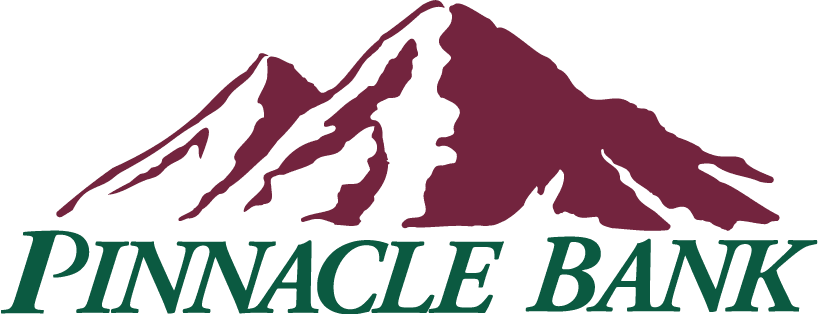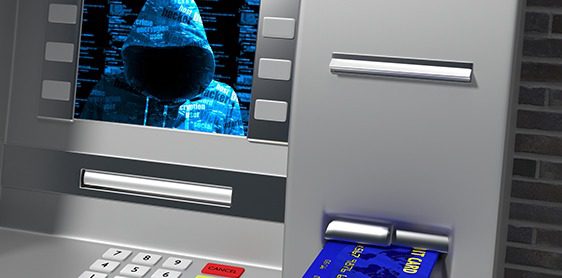
An article from the American Bankers Association
What’s your secret sauce?
Success depends on plenty of factors – creativity, hard work and commitment, just to name a few. Business loans also play an important role. They help take businesses to the next level or push ideas from the drawing board to real life.
But tackling the loan process? That idea can sound overwhelming. Especially considering how busy business owners already are. A successful loan process isn’t a pipe dream, though. Consider these tips from the American Bankers Association.
Do your research. Lenders will need financial information to consider your loan. Walking in cold turkey can definitely make the process feel like just another giant job on your to-do list. Check out this collection of financial documents they’ll need to see and give yourself time to collect them.
Trust that honesty is the best policy. You’d never work with a lender who was less than truthful, right? So, don’t throw your lender curveballs, last-minute surprises, or small fibs about your financial situation. Being completely honest truly helps them give you the best possible rate.
Give yourself plenty of prep time. Look at this list of 12 questions and consider your answers. Knowing all the answers helps define any fuzzy edges your project may have and helps you feel more prepared when you’re ready to get down to business with your lender.



 Six trillion dollars.
Six trillion dollars.







